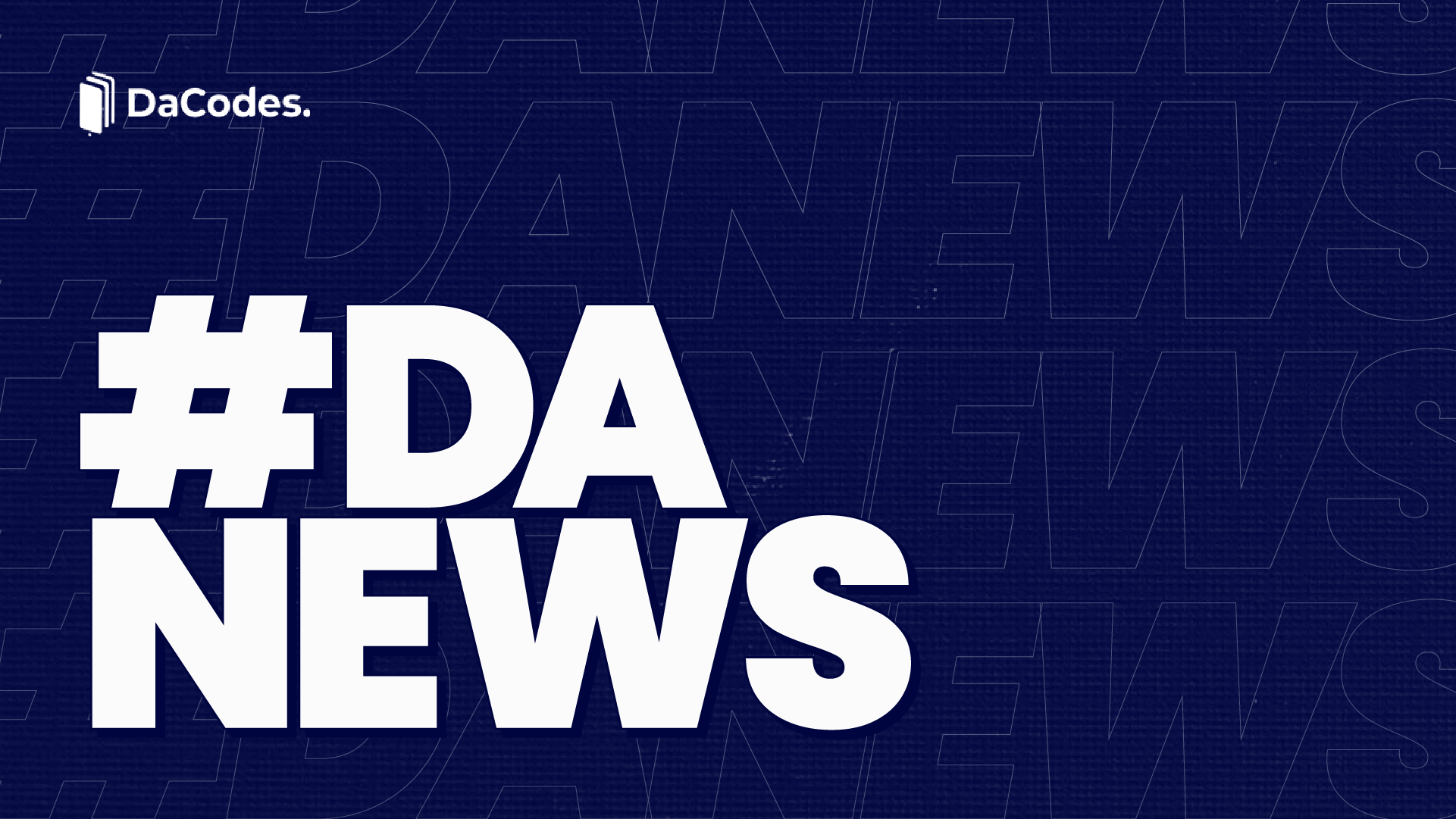
Navigating AI Regulations and Governance Frameworks
Understanding Key AI Standards: EU AI Act, NIST AI RMF, and ISO 42001
In the rapidly evolving landscape of artificial intelligence, regulatory standards are crucial for ensuring the ethical and responsible deployment of AI technologies. Three key standards that companies must navigate are the EU AI Act, NIST AI Risk Management Framework (RMF), and ISO 42001.
The EU AI Act is a comprehensive regulatory framework that classifies AI systems based on their risk levels and imposes specific requirements on high-risk AI applications. This legislation aims to ensure that AI systems in the European Union are safe, transparent, and respect fundamental rights.
The NIST AI RMF provides guidelines for managing risks associated with AI. It emphasizes the importance of understanding and mitigating potential harms throughout the AI system lifecycle. This framework is particularly valuable for organizations seeking to align their AI practices with best-in-class risk management standards.
ISO 42001 is another critical standard that establishes requirements for an AI management system. It provides a structured approach to developing, implementing, and continuously improving AI governance. Adhering to ISO 42001 helps organizations demonstrate their commitment to responsible AI practices.
The Role of External Audits: Insights from Coalfire
External audits play a vital role in ensuring compliance with AI regulations and standards. One notable auditing firm, Coalfire, specializes in cybersecurity and compliance. Their expertise in evaluating AI systems against established frameworks like the NIST AI RMF and ISO 42001 provides organizations with an objective assessment of their AI governance practices.
Coalfire's audits help identify gaps in compliance and offer actionable recommendations to enhance AI governance. By leveraging external audits, companies can validate their adherence to regulatory requirements, build trust with stakeholders, and mitigate potential risks associated with AI deployment.
Essential Compliance Steps for AI Governance
To navigate the complex landscape of AI regulations, companies must take several essential compliance steps:
- Risk Assessment: Conduct thorough risk assessments to identify potential ethical, legal, and operational risks associated with AI systems.
- Documentation: Maintain detailed documentation of AI system development, deployment, and monitoring processes to ensure transparency and accountability.
- Data Governance: Implement robust data governance practices to ensure data privacy, security, and quality throughout the AI lifecycle.
- Continuous Monitoring: Establish mechanisms for continuous monitoring and auditing of AI systems to detect and address any deviations from compliance standards.
- Training and Awareness: Provide training and awareness programs for employees to understand the ethical implications and regulatory requirements of AI.
Actionable Recommendations for Entrepreneurs
Entrepreneurs looking to prepare for emerging AI laws should consider the following recommendations:
- Stay Informed: Keep abreast of the latest developments in AI regulations and standards to anticipate future compliance requirements.
- Engage Experts: Collaborate with legal and compliance experts to navigate the regulatory landscape effectively.
- Adopt Best Practices: Implement industry best practices for AI governance, including risk management, data privacy, and security measures.
- Leverage Technology: Utilize AI governance tools and platforms to streamline compliance processes and ensure ongoing adherence to regulations.
The Benefits of Proactive Governance in AI
Proactive governance in AI offers numerous benefits for organizations:
- Market Entry: By adhering to regulatory standards, companies can gain a competitive edge and accelerate their entry into new markets.
- Trust Building: Demonstrating a commitment to responsible AI practices fosters trust among customers, partners, and regulators.
- Risk Mitigation: Proactive governance helps identify and mitigate potential risks, reducing the likelihood of legal and reputational issues.
- Innovation Enablement: A robust governance framework supports innovation by ensuring AI systems are developed and deployed ethically and responsibly.
Accelerating Market Entry through Trust and Compliance
Building trust and ensuring compliance with AI regulations are critical for accelerating market entry. Organizations that prioritize ethical AI practices and transparent governance are better positioned to gain regulatory approvals and customer confidence. This, in turn, enables faster market penetration and growth opportunities.
How DaCodes Supports Governance & Compliance
At DaCodes, we understand the complexities of navigating AI regulations and governance frameworks. Our Governance & Compliance services are designed to help organizations achieve and maintain compliance with key standards like the EU AI Act, NIST AI RMF, and ISO 42001.
We offer comprehensive support, including risk assessments, external audits, policy development, and training programs. By partnering with DaCodes, companies can confidently navigate the regulatory landscape, implement best practices, and build a foundation of trust and transparency in their AI initiatives.
Future-Proofing Your Business with Robust AI Governance
As AI technologies continue to evolve, so too will the regulatory landscape. Future-proofing your business requires a commitment to continuous improvement in AI governance. By staying informed about emerging regulations, adopting proactive governance practices, and leveraging expert support, organizations can ensure their AI systems remain compliant, ethical, and innovative.
By integrating these strategies, companies can navigate the complexities of AI regulations, accelerate market entry, and build lasting trust with stakeholders, ultimately driving sustainable success in the AI-driven future.
Reference
Google Cloud. (2025). Providing Safe and Trustworthy AI. Retrieved from Google Cloud.

